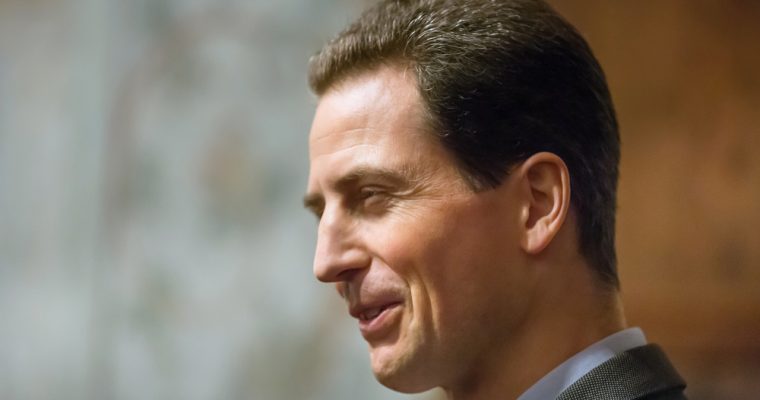A Crown Prince Looks at Cryptocurrency to Restore Family’s Wealth

Bitcoin is still king, at least in Liechtenstein. Crown Prince Alois of German-speaking Central European landlocked microstate Liechtenstein told CNBC that the family, of which his father the Prince Hans Adam II technically remains in power but with whom for all intents and purposes power resides, is exploring other asset classes, including bitcoin, to fix their wealth woes.
It’s a new chapter for the monarchy, one in which the most traditional forms of government in human history is considering embracing cryptocurrencies. Meanwhile, much of the rest of the traditional world, e.g. banking, is denying it. It’s a merging of history and the new “digital economy,” with theCrown Prince saying cryptocurrencies are “something to look into more.”
The Crown Prince noted that what’s lacking in the royal family is an internal expert on cryptos, at least as of now, which is how they currently gain exposure to private equity and VC-backed funds. But blockchain appears to have captured his interest, as have “risky” cryptocurrencies.
“It could be interesting, I think particularly the whole blockchain technology is very interesting,” he said, adding that whether they move to cryptocurrencies is “wide open still.” He added: “I think one has to see that it’s a that’s a very risky asset class — if it’s an asset class. But blockchain will change a lot of areas, a lot of businesses in the future.”
Blockchain tech could be used to make the microstate “more efficient in the way it’s administered,” he noted.
Swiss Shadow
With fewer than 40,000 citizens, Liechtenstein’s Prince is named among the richest 500 people in the world, according to Bloomberg. But the monarchy knows what it’s like to have their wealth jeopardized, as following WWII, for which Liechtenstein was declared a neutral party, their private properties were seized by today’s Czech Republic.
That collection is now back intact, and the family reportedly has more diversification these days, something that bitcoin and other cryptocurrencies could complement.
Also similar to Switzerland, Liechtenstein was formerly looked to as one of the world’s top tax havens, an image the Principality has attempted to shake, evidenced by the shuttering of banking secrecy laws nearly a decade ago.
In a discussion with Ladislav Kahoun back in 2004, Prince Hans-Adam II said of Liechtenstein:
“ I can only say there are many people who would love to move to Liechtenstein, but unfortunately we are much too small to take them all.”
With the open-mindedness of the Crown Prince toward bitcoin, those numbers are only set to rise.